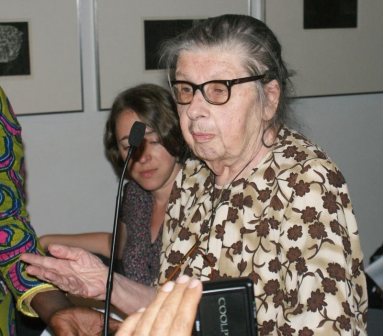×
The Standard e-Paper
Kenya’s Boldest Voice

Slightly over ten years ago, as a budding editor at East African Education Publishers Ltd, (EAEP) my boss, Mr Kiarie Kamau, assigned me the task of proofreading novels and novellas ahead of the 40th anniversary of the former Heinemann Publishers Ltd, the home of respected African Writers Series. It was a stomach-churning assignment, which necessitated working closely with respected African writers of all time.